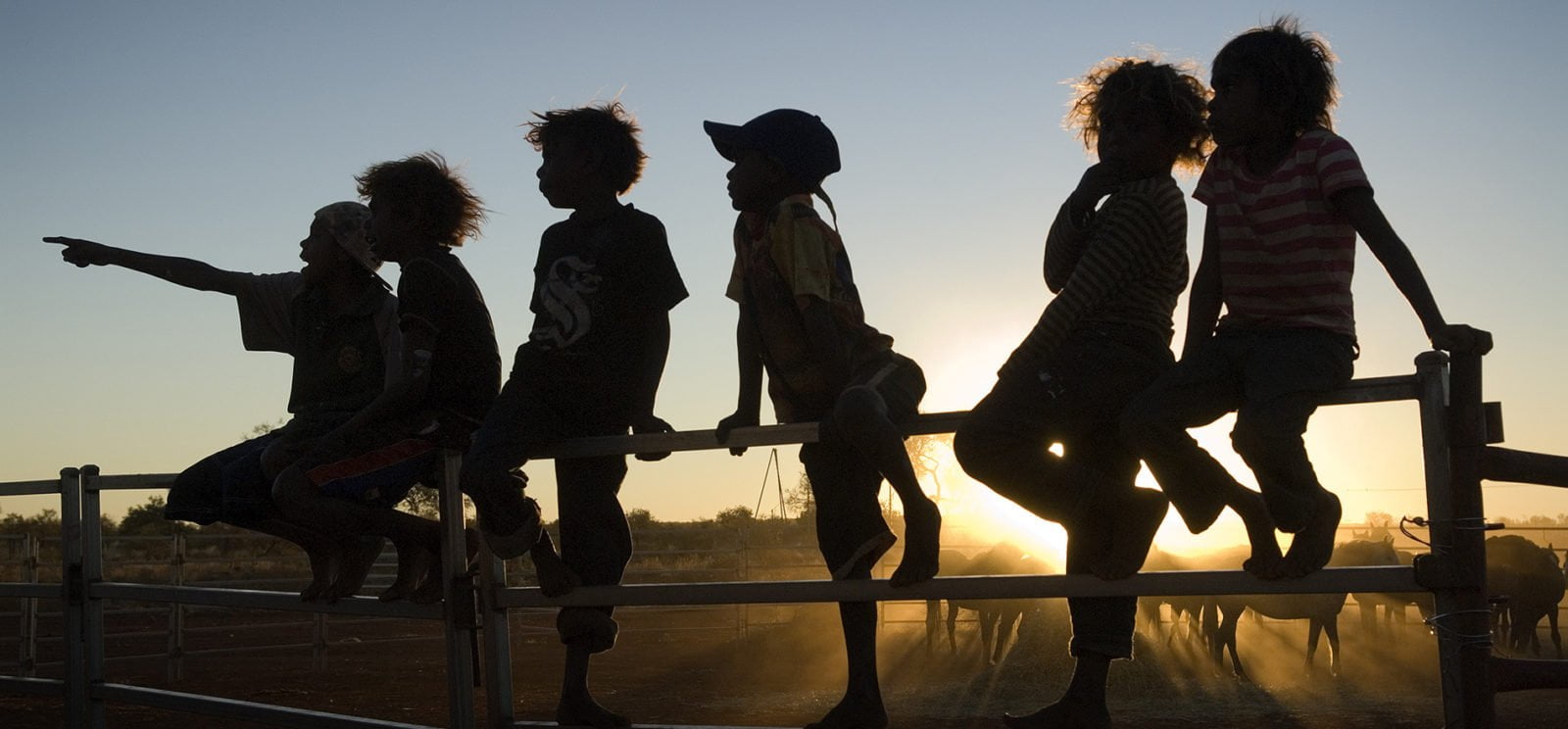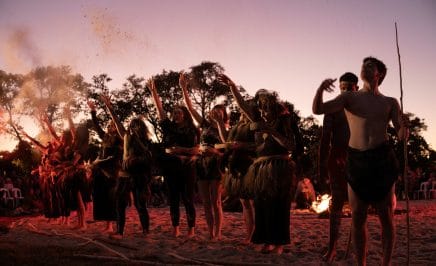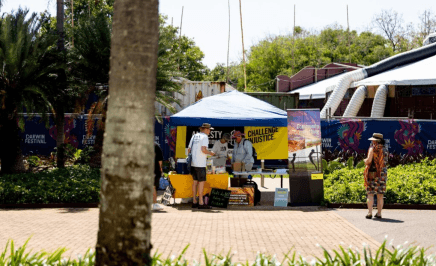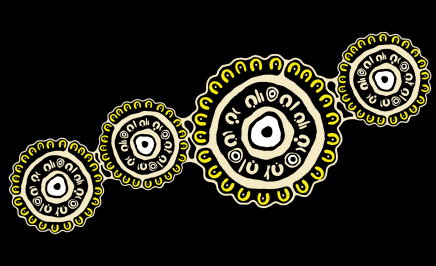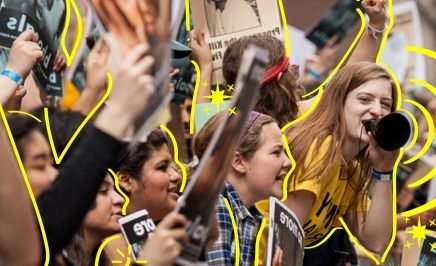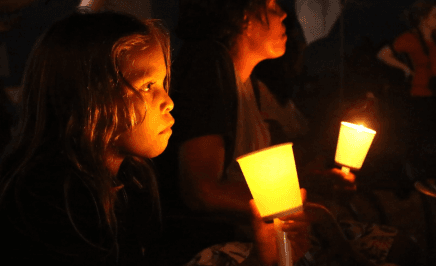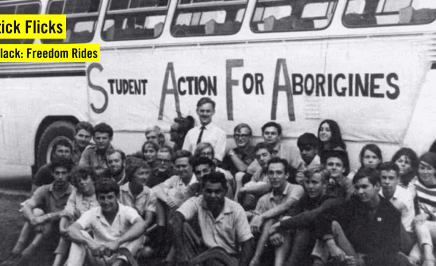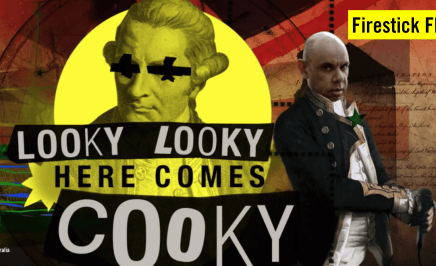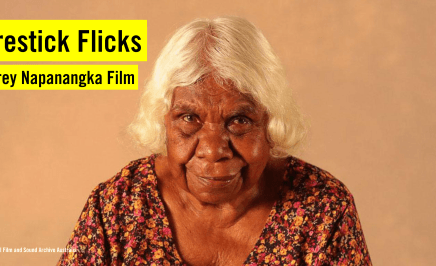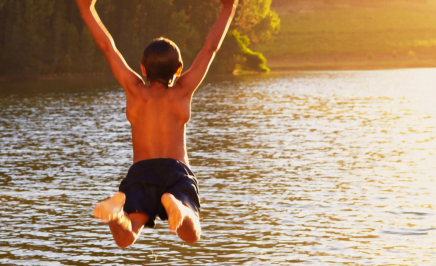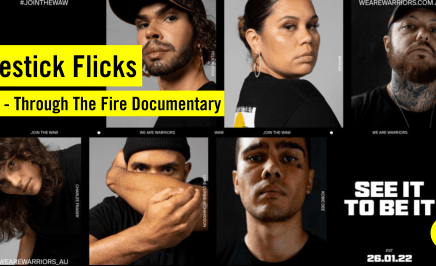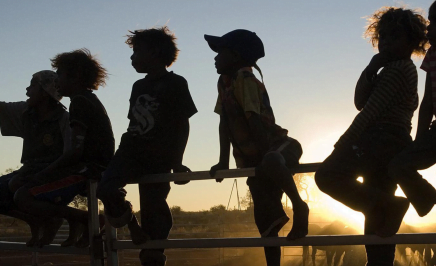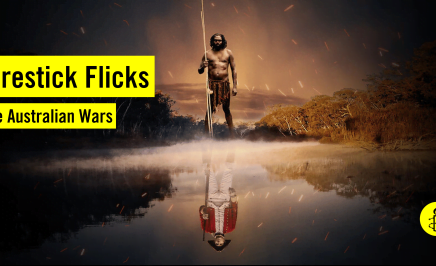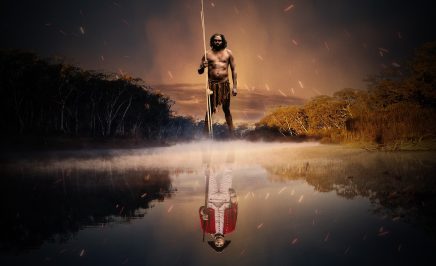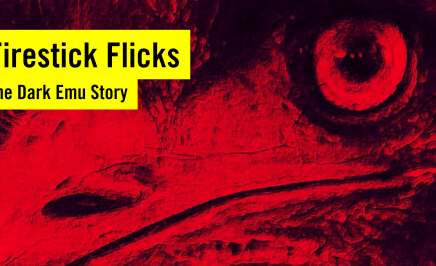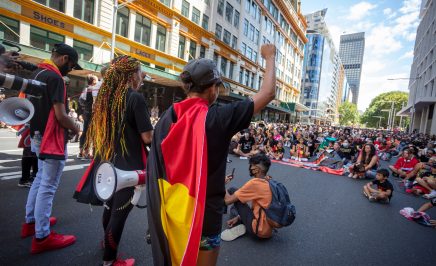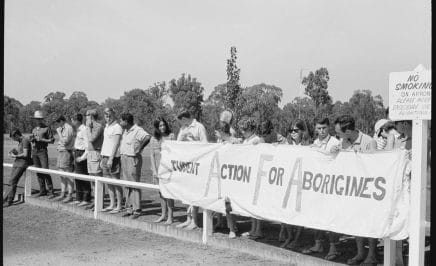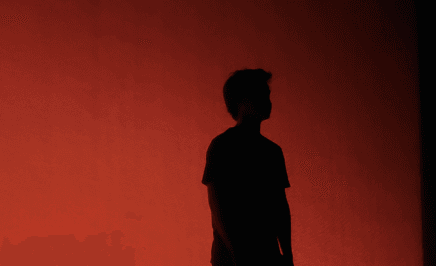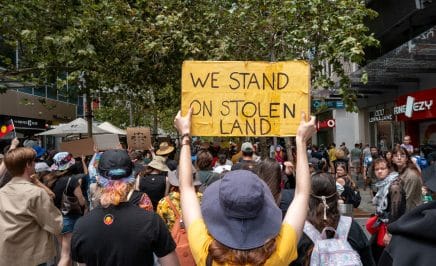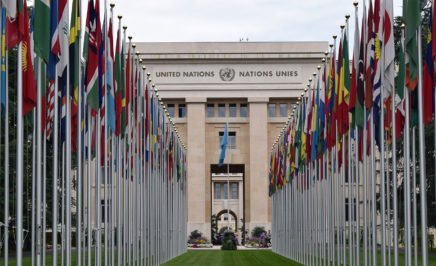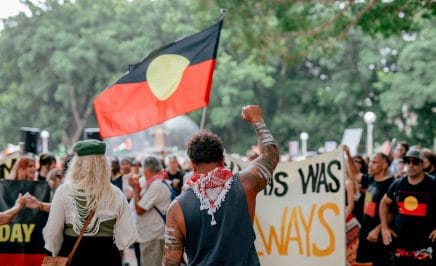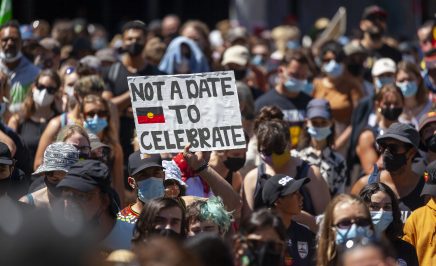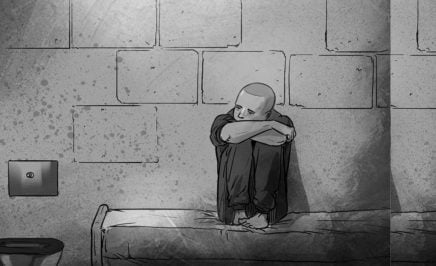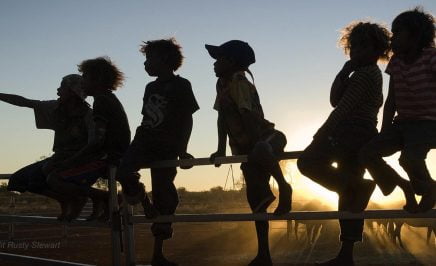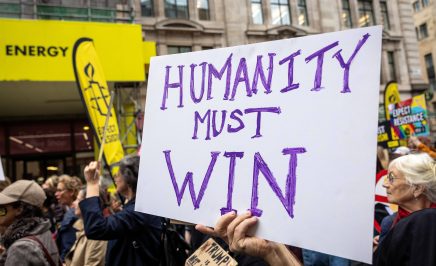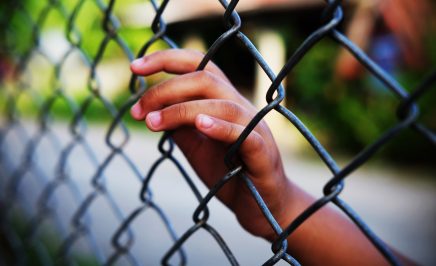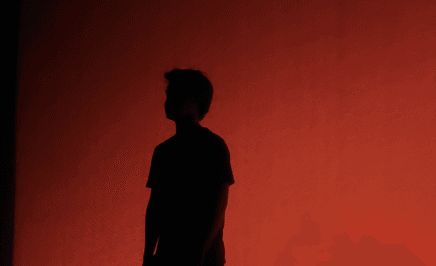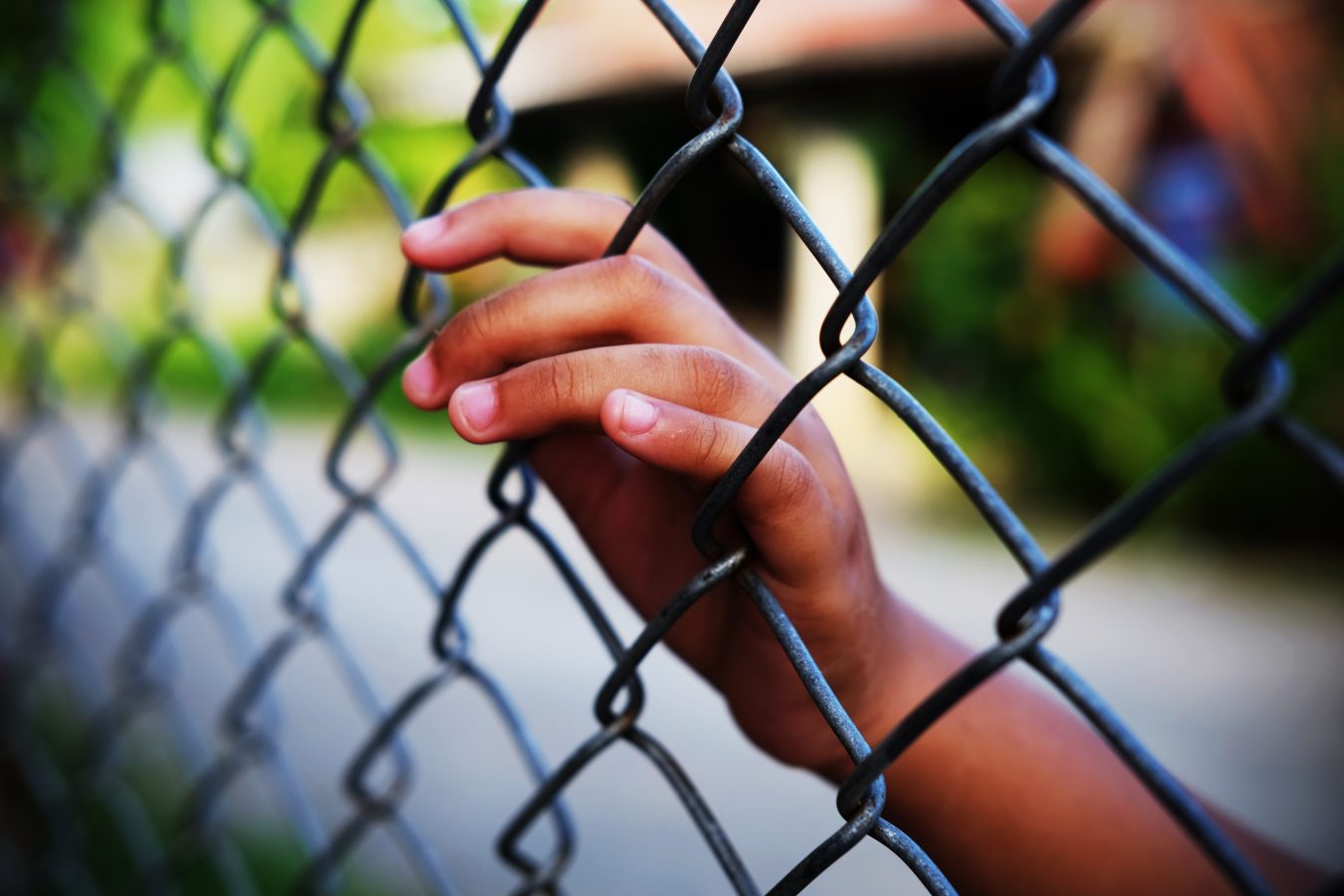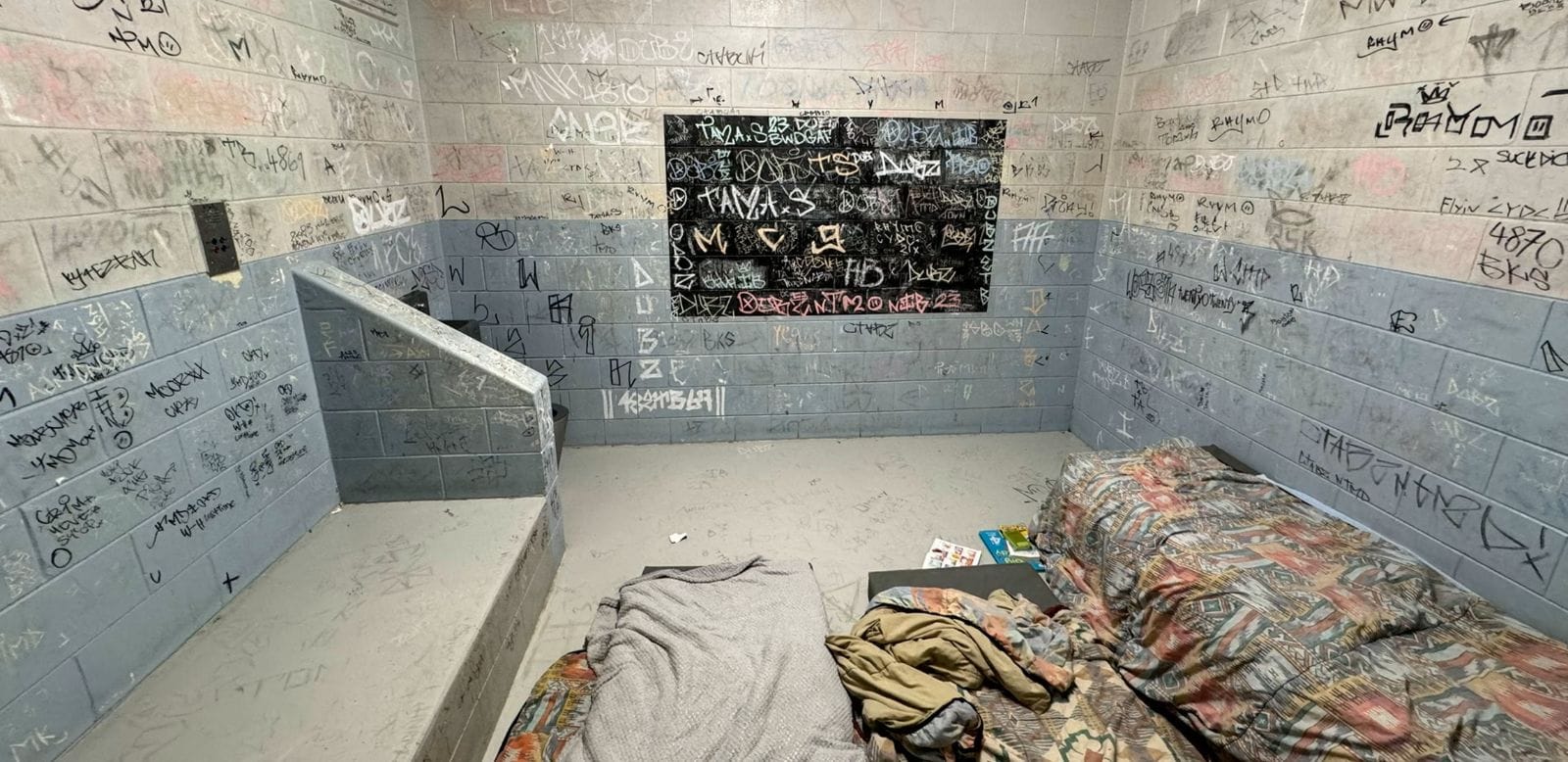In brief
In Australia, we like to think of ourselves as giving everyone a fair go. We’re told no matter who you are, or where you come from, if you work hard, and stick to it, you can achieve anything. Sadly, the reality is that not everyone gets the same chance to thrive.
First Nations children are overwhelmingly overrepresented in Australia’s youth detention centres.
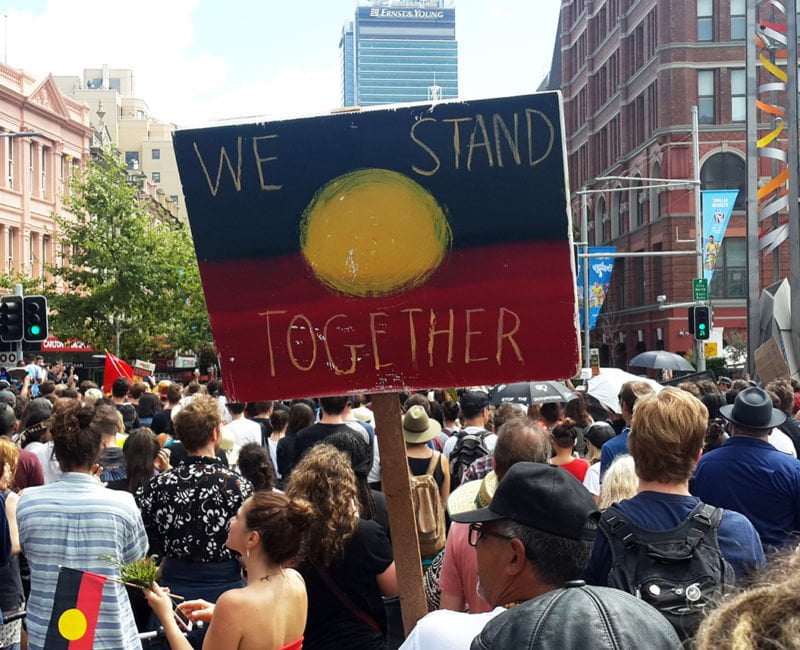
The First Nations rights issue In Depth
Everything you need to know
The overrepresentation problem
Australia’s shameful colonial history – from British invasion, to the theft of Aboriginal land, to genocide, the rejection and repression of Aboriginal culture, social exclusion, imprisonment, slavery, the stolen generation, extreme racism and forced poverty – continues to hold First Nations people back in almost every facet of life.
Over-policing. Structural racism. Unfair policies and discriminatory laws. These ongoing impacts of colonisation and racism are a large part of the reason First Nations kids have more contact with police, courts and prisons. And they continue to face injustices across housing, healthcare, schools, our workplaces – everywhere.
Learn more about why overrepresentation matters.
Australia is locking up kids as young as 10
Since 2018, Amnesty has been tirelessly campaigning to raise the age of criminal responsibility in Australia from 10 to 14.
Across Australia, children as young as 10 are charged, brought before a court, sentenced and locked up behind bars. This disproportionately impacts First Nations kids and causes irreparable harm to children.
“We launched our Community is Everything campaign in 2015 because we don’t want to see Indigenous kids locked up anymore,” explains Amnesty International Indigenous Rights Advisor Rodney Dillon.
“We want to see them living in happy, healthy communities, finishing school, getting good jobs and becoming community leaders.”
We know that putting kids in jail only makes matters worse. It should be a last resort but research by the Victorian government shows that First Nations kids are much more likely to be charged by police, than cautioned and referred to a support program.
Magistrates in regional and rural areas have told us that too often, local First Nations programs are not sufficiently funded to be part of the solution, which makes detention a far more likely option. Find out more in our Brighter Futures report.
To close the justice gap, the Australian government must work with the states and territories and First Nations organisations to reduce the number of Aboriginal and Torres Strait Islander kids in detention. This is our main campaign aim.
Our research highlights the compelling evidence that when we support families and organisations and services to address the root causes of behaviour – chances are the outcomes are more sustainable and positive. With your support we can make a difference to the lives of Aboriginal and Torres Strait Islander kids in Australia.
In the words of Noongar Elder Eugene Eades, who we’ve worked closely with on the campaign: “The sky’s the limit if we work together”.
Read our reports to find out more:
- National: A brighter tomorrow
- Western Australia: There’s always a brighter future
- Queensland: Heads held high
- National: The Sky is the Limit
- National: Free to be kids National Plan of Action
Learn more about why we need to raise the age.
Close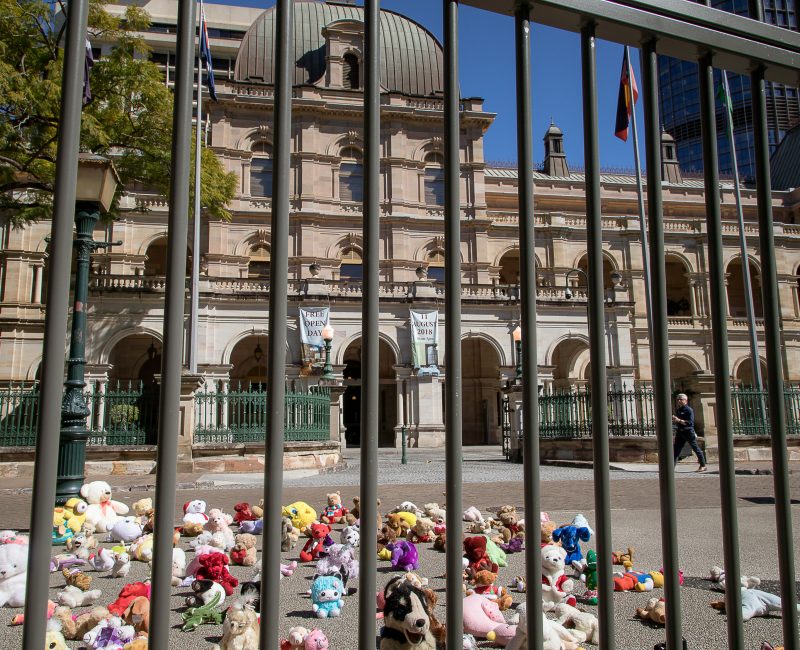
The latest
Kids don’t belong in prison — no one should lose their childhood to a racist criminal justice system. Instead of locking up kids we should be investing in better solutions that actually work.
Full report hereRaise the Age
Our report shares the devastating stories of families whose interaction with the justice system has had profound consequences.
Raise the Age: Kids Belong in Community finds that although the overall number of children in detention has fallen, this is not true for First Nations children who are still grossly overrepresented in youth detention.
Amnesty International Indigenous Rights Advisor Rodney Dillon said that there was no need for delay in raising the age of criminal responsibility from 10 to 14.
“We have the solutions – all the evidence shows that culturally appropriate, community-led justice reinvestment is a much more productive way to manage kids when they get into trouble.
“Condemning little kids as young as 10 to the justice system is not only a waste of money and time, but if precious young lives who deserve to be with their families, not in jail.”
This discrimination in the criminal justice system demonstrates how racism is firmly embedded across Australia.
According to Amnesty International Australia Human Rights Barometer 2022, a majority of Australians see the importance of raising the age of criminal responsibility to keep First Nations children out of prison.
- 50% of Australians surveyed believe that First Nations people need the most protection of their rights within Australia.
- Half of the survey respondents supported raising the age of criminal responsibility from 10 to 14 years old and only 20% did not agree with this option. 81% of respondents said there are better alternatives to sending children to prison.
- 77% of Australians believe freedom from discrimination and equal treatment before the law is one of the most important human rights.Australia is a shameful outlier in locking up kids as young as 10, most Australians want it to stop to bring Australia in line with the bare minimum global standards on children’s rights.
In August 2022, alongside our coalition partners in Change the Record, Amnesty handed over close to 210,000 signatures from everyday Australians to Attorney General Mark Dreyfus and Minister for Indigenous Affairs Linda Burney, calling on the Federal government to stop playing politics with children’s lives and #RaiseTheAge.
Support diversion programs
Raising the age of criminal responsibility is just one part of a much bigger solution – these kids need trauma-informed care and support.
“There’s a record amount of money being spent on prisons and police, and very little being spent on diversion programs that actually work”
Kids don’t belong in prison, they belong in communities where they can be supported and have access to trauma-informed care, therapeutic approaches to problematic behaviour and support services that address their needs and the needs of their communities.
CloseChange the Record Coalition
Amnesty’s First Nations rights work complements the huge amount of human rights advocacy that Aboriginal and Torres Strait Islander individuals and organisations are doing across Australia.
Read More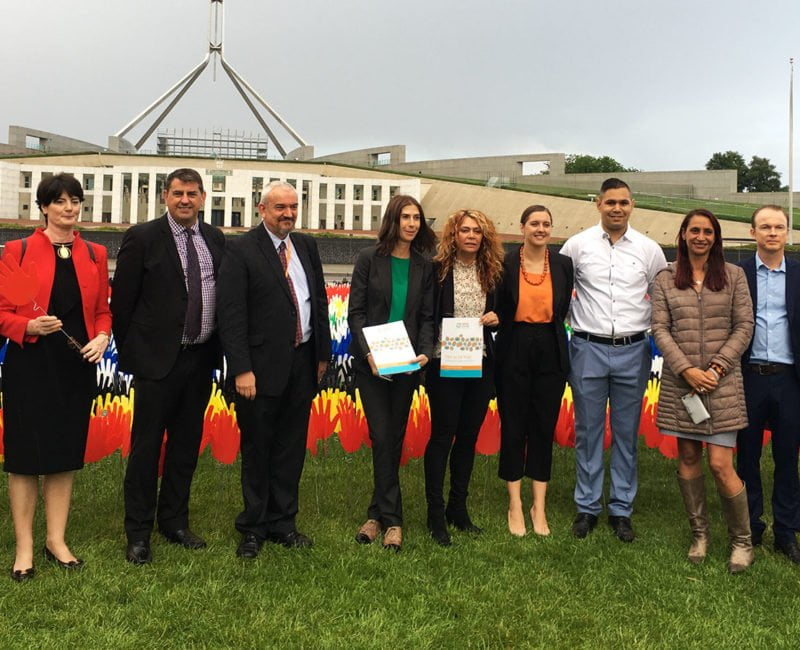
We aim to safeguard the rights set out by the United Nations in the Declaration on the Rights of Indigenous Peoples, which recognises the rights of First Nations people and communities to control decisions affecting their own lives and futures.
That is the foundation of our Community is Everything campaign – with research and plans developed under the guidance of First Nations community members.
We are working with First Nations peak organisations and other NGOs, as part of the Change the Record coalition, to close the justice gap.
The two main goals of Change the Record are to:
- Close the gap in rates of imprisonment by 2040; and
- Cut the disproportionate rates of violence to at least close the gap by 2040 with priority strategies for women and children.
Change the Record is chaired by First Nations experts in the justice space and draws on the combined expertise of Indigenous peak, community sector and human rights organisations. You can read our key principles for change here.
Other Indigenous justice issues that we work on include:
- Action to stop Indigenous deaths in custody
- The right to live on Aboriginal homelands
- The right to be free from racial discrimination
The Change the Record Coalition also calls on the Federal Government to adopt and report on this 8-point National Plan of Action to end the abuse and over-representation of Aboriginal and Torres Strait Islander children in prison.
Close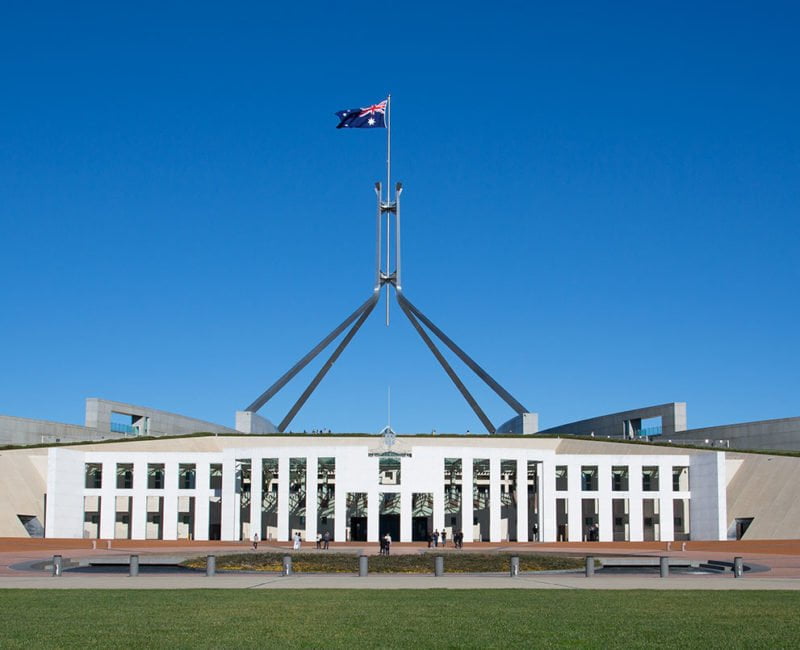
Who’s responsible?
Each Australian state and territory is responsible for its own law and justice policies, but it is our Federal government that is ultimately responsible for ensuring Australia protects the rights of First Nations children. Together, we can hold them to account.
Read MoreWho's responsible?
Each Australian state and territory is responsible for its own law and justice policies, but it is our Federal government that is ultimately responsible for ensuring Australia protects the rights of First Nations children. Together, we can hold them to account.
Amnesty is highlighting state and territory laws and policies that violate the rights of children, like mandatory sentencing in Western Australia and the Northern Territory. We have already successfully fought for changes to the law in Queensland which restores the detention of children to a last resort and ensures children are not held in adult prisons. We continue to fight for the rights of Western Australian children who have been transferred from Banksia Hill Youth Detention Centre to Casuarina Prison – an adult maximum security facility.
The Federal government needs to hold state and territory governments to account for failing First Nations children.
Despite consistent recommendations, including from the Royal Commission into Aboriginal Deaths in Custody, the Committee on the Rights of the Child and on the Elimination of Racial Discrimination, the Federal government are still refusing to properly address the justice gap.
The Federal government can make a difference by setting targets to close the justice gap and finally taking responsibility for change. Justice targets are the first step in developing a long-term national plan to close the justice gap.
CloseWhat we’re asking
We’re calling for our government to support more First Nations-led solutions for kids and to change laws for a fairer youth justice system. Over the next five years we’ll be working hard to make this an issue politicians can’t ignore.
Read More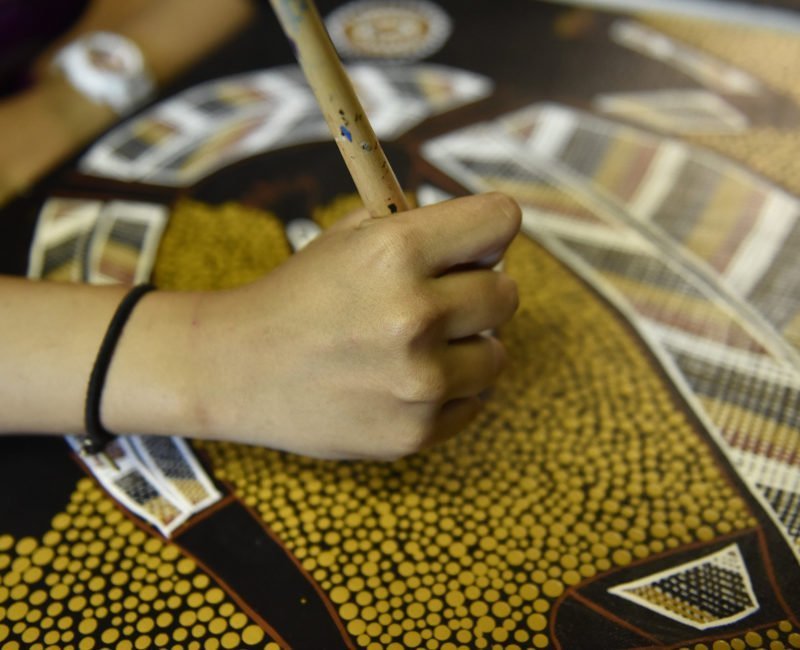
To work toward ending the over-representation of First Nations children and adults in the criminal justice system, Amnesty International is calling for:
More First Nations-led solutions for kids
- Federal, state and territory governments should adequately fund the hard-working First Nations people and organisations already working to support children and families and prevent contact with the justice system
- Judges should have adequate alternatives to detention available to them to work with and rehabilitate kids instead of locking them up
Raise the minimum age of criminal responsibility to at least 14
- In line with international minimum standards, the Federal government must recommend all states and territories take action to legislate to raise the age of criminal responsibility from 10 to 14
- In addition, state and territory governments can raise the minimum age of detention to at least 14 to prevent young children being exposed to the harm of detention centres and youth prisons
- Immediately release all children who are unsentenced or on remand and ensure there is culturally appropriate care and services available to them in their post-release transition
A fairer youth justice system
Governments must address the faulty parts of our justice system by:
- Supporting children, families and communities to stay strong and together
- Adequately funding Aboriginal and Torres Strait Islander community-controlled legal and other support services
- Ending abusive practices in prisons
- Abolish the use of spit hoods and mechanical restraints in all justice facilities
- Setting targets to end the overrepresentation of Aboriginal and Torres Strait Islander children in prison
- Improving collection and use of data
- Working through the Meeting of Attorneys-General to reform State and Territory laws that breach children’s rights
In the last quarter of 2023, Australians will be asked to vote in a referendum to decide if First Nations people should have a seat at the table when decisions are being made about their lives. Amnesty sees the Voice to Parliament as a significant opportunity to advance our campaigning for First Nations human rights across many issues including the overrepresentation of First Nations children in Australia’s youth detention centres. We know that when Aboriginal and Torres Strait Islander people steer or lead the policies to address youth incarceration, such as community-led justice reinvestment programs, kids are far more likely to remain out of jail, in their communities and at school. The overrepresentation of Aboriginal and Torres Strait Islander kids in prison is exactly the type of issue that the Voice would advise government on, and exactly the type of issue where advice from First Nations leaders would make a difference.
Close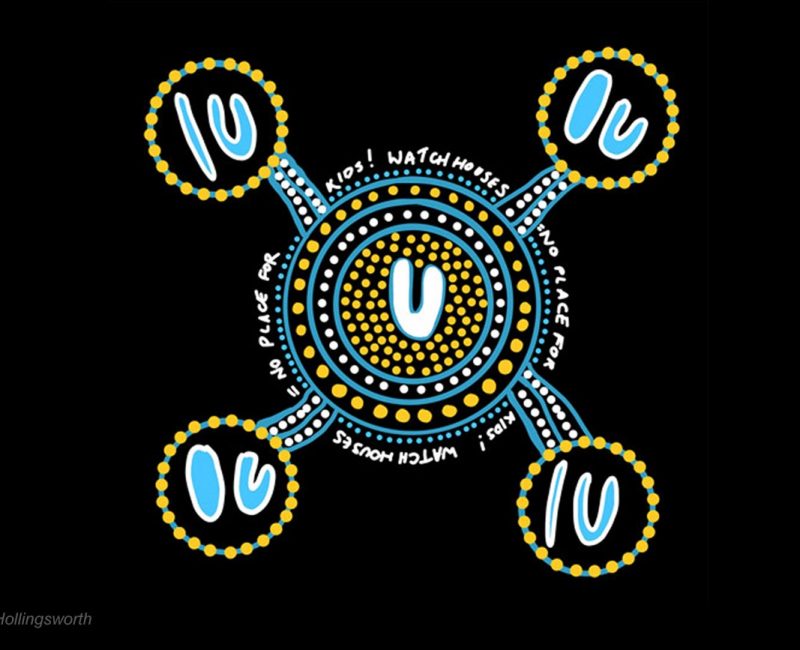
Kids in Watch Houses: Exposing the truth
Life for a kid in Brisbane’s adult watch house is not only frightening, and brutal, it also breaches domestic and international law.
Learn MoreAmnesty International has analysed hundreds of official government documents obtained through multiple Right To Information applications, revealing 2,655 breaches. We’re calling for our government to support more First Nations-led solutions for kids and change laws for a fairer youth justice system. Explore the research.
CloseTake Action Now
BECOME A HUMAN RIGHTS DEFENDER TODAY
Your regular gift can help end the overrepresentation of Indigenous children in prisons and fund vital work for First Nations justice.
